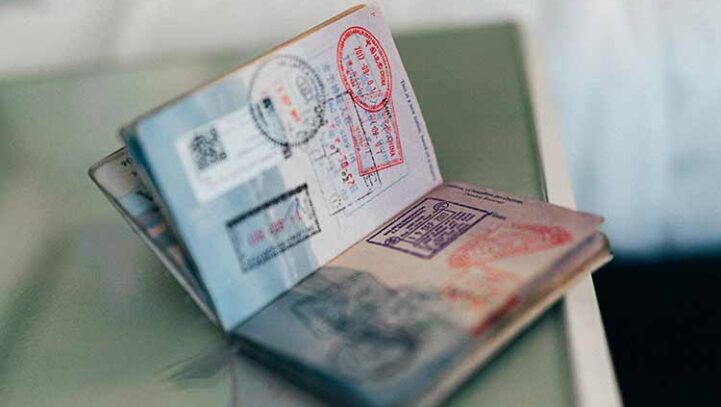Helpful Information for Green Card Holders (LPRs) stuck outside the U.S. during COVID
Helpful Information for Green Card Holders (LPRs) stuck outside the U.S. during COVID
last updated 8/21/2020 * always check USCIS for most recent guidance and updates.
As of date, USCIS has not released a guidance or policy exception issued regarding LPRs or Greencard holders who are stuck outside the U.S. due to COVID related travel restrictions or bans.
COVID-19 pandemic has forever changed everyone’s lives in ways that are immeasurable. For some, the timing of travel bans and government shuts downs have caught them in the wrong place at the wrong time, leaving them with very little or no options to return to the United States. For LPRs (Green Card Holders) remaining outside the U.S. for prolonged length of times can be problematic.
The general rule for LPRs is that trips of under 6 months are perfectly fine. Trips of 6 to 12 months are disfavored without good cause in the eyes of USCIS, and trips of more than 12 months can give rise to an allegation by USCIS or CBP that you have abandoned your permanent residency. A charge of abandonment can result in the government placing you into deportation proceedings to demonstrate how you have (or haven’t) abandoned your residency.
For most LPRs there should be no issues with entering the U.S. after a stay outside the U.S. less than 6 months. For LPRs who stay outside the U.S. more than 6 months, they will need to be prepared to show that they still have significant ties to the U.S. when requesting admission to the U.S. Examples include copies of U.S. tax returns, a home lease or mortgage, evidence of employment, and so on. Also bring written evidence of your reasons for not traveling back to the U.S. earlier, such as doctor’s statements or copies of notifications that your flights were canceled.
If the U.S. border official still feels after considering the documentation that you’ve abandoned your permanent residence, they are not likely to send you back immediately, but rather they will let you in the U.S. with a notice to appear before a immigration judge. You will have to seek the advice of an immigration attorney immediately to help you prepare your case to show to the judge that you didn’t intend to abandon your residence and further explain your circumstances as affected by COVID.
If you have remained outside the U.S. over a year, then you should seek the advise of an immigration attorney to help you reinstate your green card if it has expired. One option that a attorney might advise you to do is to obtain a Returning Resident SB-1 visa at the U.S. Consulate closest to your hometown prior to re-entering the U.S. If the expiration date on your green card itself hasn’t yet passed, you can argue your case at the port of entry. The Customs and Border Protection (CBP) official can allow you in, but will likely ask you to complete Form I-193, Application for Waiver of Passport and/or visa and pay the filing fee.
Than main thing that you will be required to show after traveling outside the U.S. for extended length of time as an LPR is that your intent was always to travel for a temporary period of time. That means a visit that was meant to end after certain things were accomplished, during which you maintained ties with the U.S. Further, you have always intended to resume permanent residency, except that you met with circumstances beyond your control. COVID-19 pandemic could certainly qualify as a circumstance beyond one’s control–i.e. because of canceled flights, illness, quarantine, or well-grounded fears of traveling, lengthy absences have been an inevitable result. However, you should still be prepared to have the proper documentation when re-entering the U.S. to ensure a smooth reentry process.
Keep in mind every case is distinct. You should consult with an immigration attorney to discuss the particular facts of your case, and if you will be a good candidate for the Returning resident visa.

